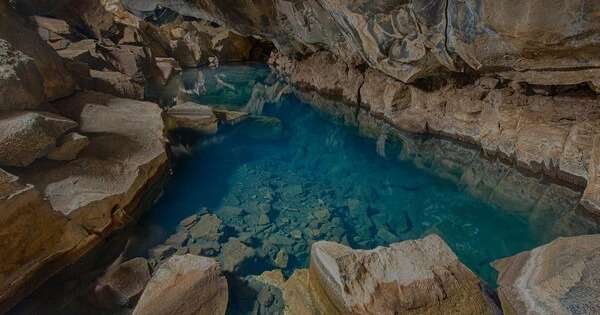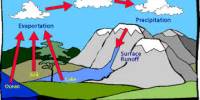Hydrogeology is a field of geology that studies underground water flows and the distribution of groundwater in the Earth’s crustal soil and rocks. The phrases groundwater hydrology, geohydrology, and hydrogeology are sometimes used synonymously. It focuses on understanding aquifer characteristics, groundwater circulation, surface-groundwater interaction, and mechanisms that govern the quality and quantity of groundwater resources.
Hydrogeology is the study of the rules that control the movement of subterranean water, as well as the mechanical, chemical, and thermal interactions of this water with porous solids and the flow-mediated transport of energy, chemical components, and particulate debris.
Key concepts in hydrogeology include:
- Aquifers: These are subsurface layers of rock or sediment that are porous enough to let large amounts of water pass through them. Aquifers are crucial for storing and transporting groundwater.
- Groundwater flow: Hydrogeologists examine how groundwater moves through aquifers, which is impacted by elements such as the aquifer material’s permeability, hydraulic gradients, and the existence of geological structures such as faults and fractures.
- Water table: The water table is the uppermost level of groundwater in an aquifer. It varies in reaction to factors such as precipitation, recharge, and pumping from wells.
- Groundwater recharge and discharge: Recharge refers to the process by which water infiltrates the ground surface and replenishes groundwater supplies. Discharge is the movement of groundwater back to the surface, often through springs, rivers, or pumping from wells.
- Hydrogeological modeling: Hydrogeologists use mathematical models to simulate groundwater flow and predict how it will respond to various factors such as pumping, recharge, and changes in land use or climate.
Groundwater engineering, often known as hydrogeology, is a discipline of engineering that studies groundwater movement and the construction of wells, pumps, and drainage systems. The primary concerns in groundwater engineering are groundwater contamination, supply conservation, and water quality.
Overall, hydrogeology is essential for managing water resources, protecting the environment, and promoting sustainable development. It applies ideas from geology, hydrology, chemistry, and engineering to complicated issues involving groundwater resources and their interactions with the environment.
















